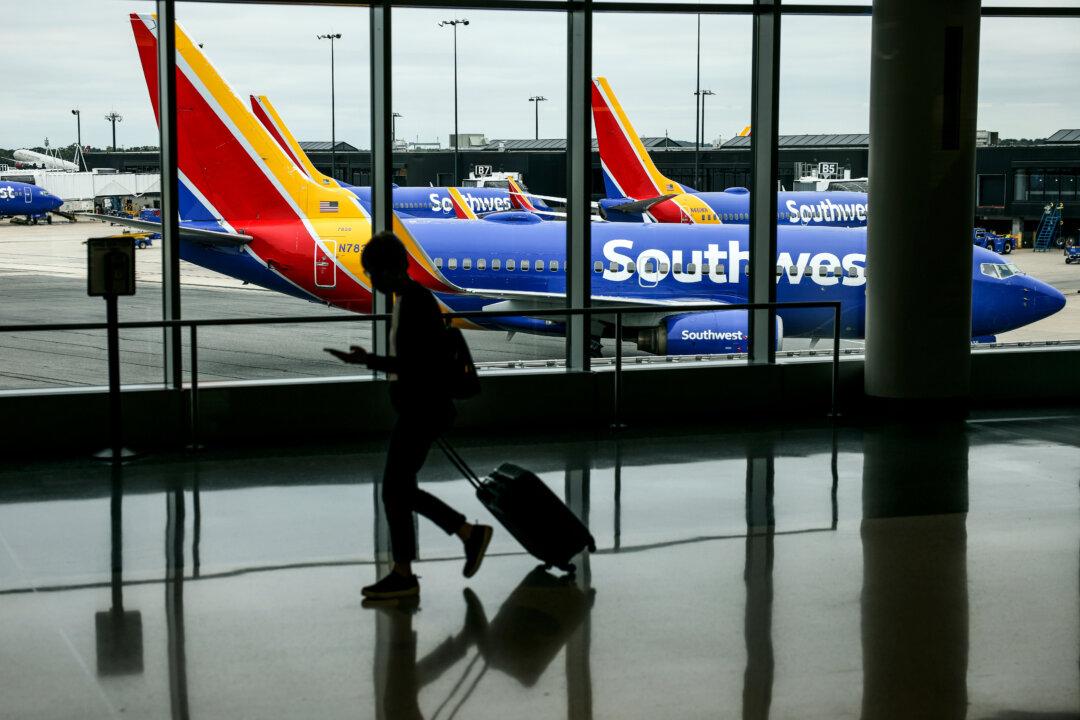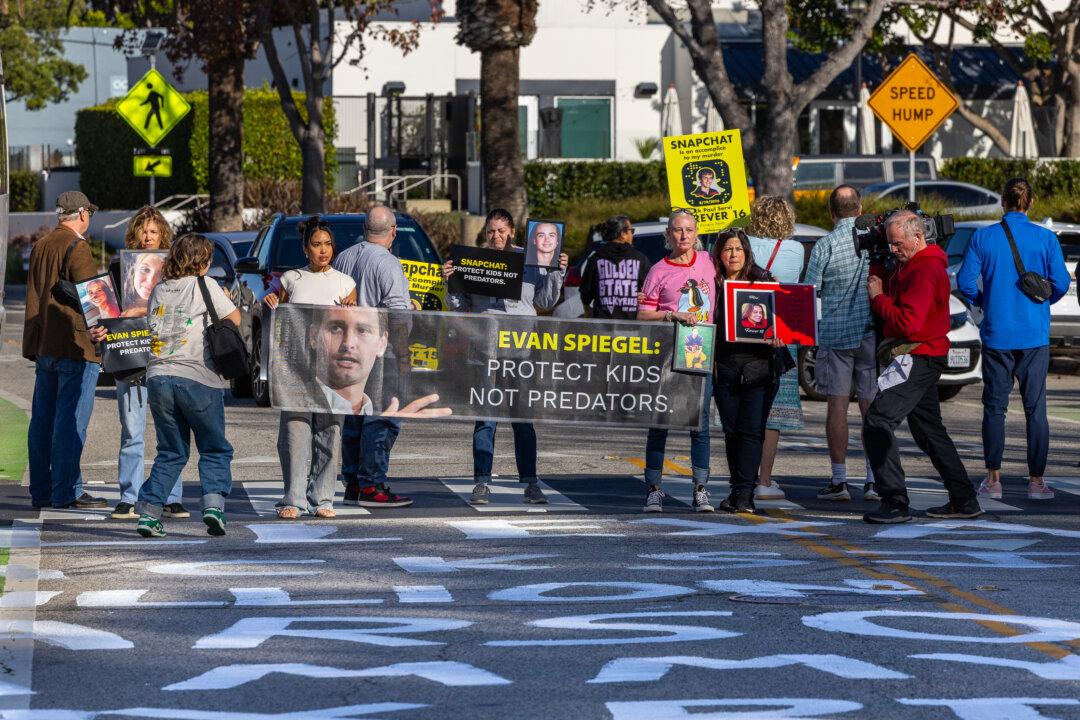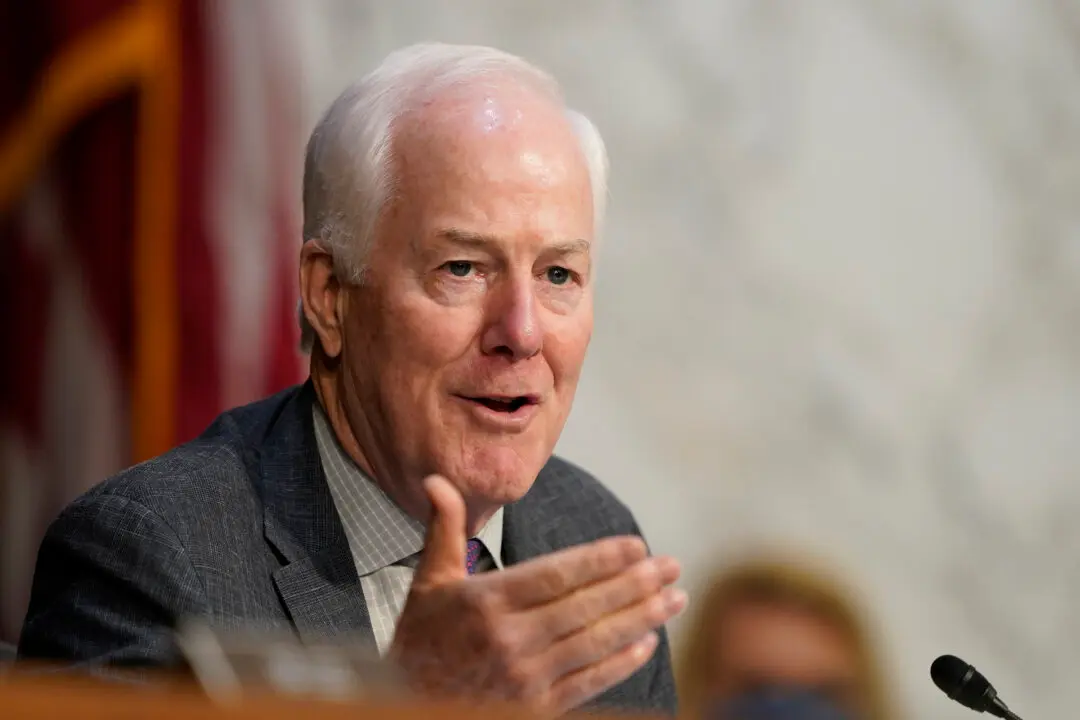Southwest Airlines and a labor union seem to have learned little from the case of pro-life flight attendant Charlene Carter, several longtime employees told The Epoch Times.
On July 14, a federal jury unanimously awarded Carter more than $5 million, declaring that Southwest illegally fired her in 2017 for “protected speech”—and that her union helped get her fired instead of protecting her.





